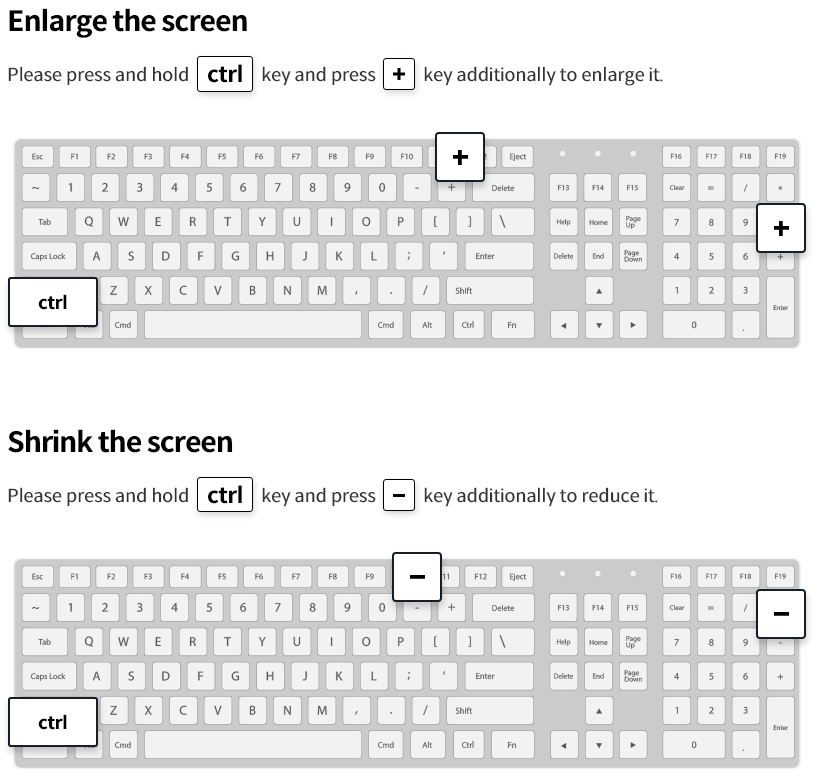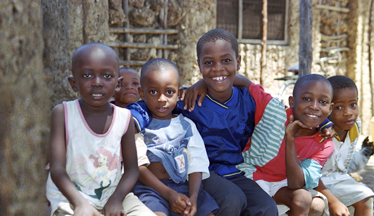As a Donor
In response to the international community’s attention to Korea’s successful economic development, Korea started a training program under the sponsorship of the USAID in 1963, began funding the training program on its own in 1965, and started to dispatch experts to developing countries in 1967.
Until the mid 1970s, Korea implemented development assistance mainly funded by the UN. However, the Korean government gradually expanded assistance with its own fund as there was an increasing demand from developing countries pursuing Korea’s economic developing path.
The Ministry of Foreign Affairs and Trade (MOFAT-procured a budget of 900 million won for the first time in 1977 and provided developing countries with equipments and resources. In the same year the Korean Development Institute started the International Development Exchange Program (IDEP-which invited leading figures from developing countries deliver education programs on Korea’s development experience. In 1984, the Ministry of Construction and Transportation (MOCT-and the Ministry of Labor (MOL-launched a project for providing technical assistance in construction and a project for the establishment of a training center, respectively.
By the time when the Asian Games opened in 1986 and the Seoul Olympics in 1988, Korea accelerated its development assistance as it recorded surplus in the balance of international payments. Korea was also asked to meet responsibility corresponding to its expanded economic capacity and higher status in the international community.
With the foundation of the Economic Development Cooperation Fund (EDCF-and the Korea International Cooperation Agency (KOICA), the Korean government established a regular assistance system for a more efficient and effective operation of its ODA.
In 1987, the EDCF was established at the Export-Import Bank of Korea to provide developing countries with concessional loans amounting to 30 billion won. Through this fund for loan-type aid Korea set up a base to assist developing countries’ industrial and economic development.
In 1991, KOICA was founded as an agency responsible exclusively for grant aid under the Ministry of Foreign Affairs and Trade and started providing full-scale assistance for developing countries.
The volume of Korea’s ODA has steadily grown since 1987. In 2009, the total amount of Korea’s ODA reached 816 million USD or 0.12% of the nation’s GNI, recording the largest amount ever. Furthermore, the Korean government joined the OECD-DAC in 2010. In step with the international community’s endeavor to eradicate poverty, Korea continues to make efforts to expand its contribution to the international community.
In 2012, EDCF Received the PEER Review for the time since in joined the OECD DAC. Through the Review, the international community has officially evaluated Korea's development cooperation policies and progress while EDCF made a presentation on measures to promote the Korean ODA model. In 2013, EDCF and KOICA developed and implemented measures to facilitate joint projects that combine loans and grants in order to enhance development effectiveness.
In 2015, Korea took up the chairmanship of the Multilateral Organization Performance Assessment Network (MOPAN), which is the only network of donor countries that assesses the effectiveness of multilateral organizations. Given that donor countries are using the assessment findings as an important source of input for decision-making on multilateral assistance, the Korean government’s assumption of MOPAN’s chairmanship was an opportunity to expand Korea’s influence on multilateral development organizations while playing a responsible and fair role in global development cooperation, and to raise Korea’s standing on the global stage.
Globally recognized for its proactive contribution as a donor country, Korea was elected to the presidency of the Executive Board of the UN Development Program (UNDP), the UN Population Fund (UNFPA), and the UN Office for Project Services (UNOPS) in 2019. As the president of the Board, Korea built a cooperative relationship with civil society and the private sector, and broadened participation in a wide variety of development issues, with a view to bringing about the systematic changes of these three organizations that perform a pivotal role in development cooperation. In the same year, Korea was also elected as vice chair of the OECD DAC. These occasions demonstrate the international community's appreciation of Korea as a model of development and expectation for Korea's decisive role in future development cooperation.


